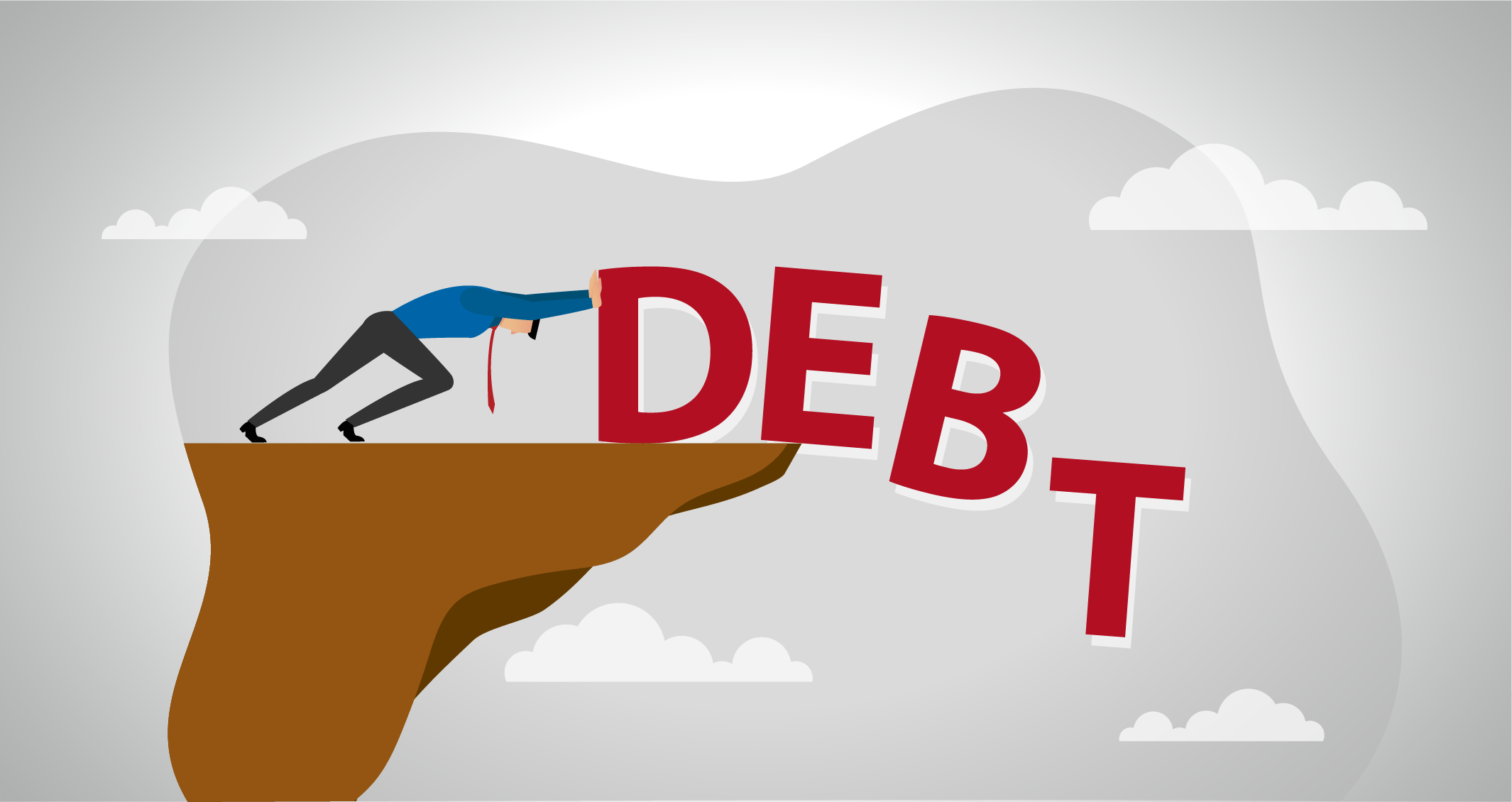The Journey from Zero Savings to Debt-free Living

The rampant consumerism and availability of multiple borrowing options in today’s digital times have changed the spending habits of people. The modern-day population believes in spending ‘now’ and paying later, and somehow savings, as well as investing for the future seems to have gone out the window.
The Debt Trap
Salaried millennials take loans to travel, loans to fund their wedding, loans for festive shopping and whatnot. No-cost EMIs have contributed to endless salaried individuals getting stuck in the debt trap. Their borrowing habits have gotten so out of control that they even take personal loans to refinance individual EMIs, and sometimes to pay off other loans. Little do they realise that borrowing in order to keep up with their consumerism-ridden lifestyle can prove to be fatal for their financial health.
People who are unable to get rid of their debts always look at others who live debt-free in disbelief. They find it difficult to comprehend how some people can live without being weighed down by debts. What they fail to understand is that debt-free living doesn’t happen by chance. It is but a habit that is cultivated with discipline, prudent monthly budget planning and being sensible about money matters.
The Road to Being Debt-Free
If you are someone who is already stuck in a debt cycle, it will be unrealistic and illogical to expect you to save or invest any money. Your priority would and should be to repay your debt and have no monetary liabilities. The first thing you need to do is prepare a list that lists down all your debts and then prioritise paying off the ones with the highest interest rates. Along with this, you must also make a monthly budget and keep track of all your expenses, ensuring that you do not spend on anything other than necessities.
Paying off debts is a slow process and requires dedication, discipline and commitment in order to be fulfilled. While you cut down on your expenses, ensure that you funnel any extra income like bonuses or tax refunds, into paying off your debt. Remember, be it saving, investing or paying off debts, one needs to be goal-driven.
Once you realise the debt cycle is about to end, do not get carried away and start spending mindlessly again. Start investing the money you have and build a corpus for your future. Systematic Investment Plans are one of the best investment options for salaried individuals as they allow a person to invest regularly, a fixed amount, in the mutual fund scheme(s) of their preference. The investment amount gets automatically deducted from an individual’s account every month, thereby inculcating disciplined investing habits. This also forces salaried individuals to manage their expenses from the remaining income and curbing many unwanted expenses.
Since credit is so easily available nowadays, the spending capacity of millennials has increased manifold. One must never forget that as a borrower, it is you who’ll have to repay it and that too with added interest. Personal loans and credit cards are the most expensive forms of credit and must be avoided at all costs. Always make it a habit to spend only as much as you have and not what you can repay. Save for things and buy them when you have enough money, rather than taking loans. Even though you might not get the gadget of your choice immediately or might have to go on that trip a little later than planned, you won’t end up paying more than what it costs.
Do not forget – invest as early as you can, even if you put away sums in small amounts, the power of compounding will reap great rewards. And lastly, change the way you look at debt— don’t see it as something normal but as the last resort.
